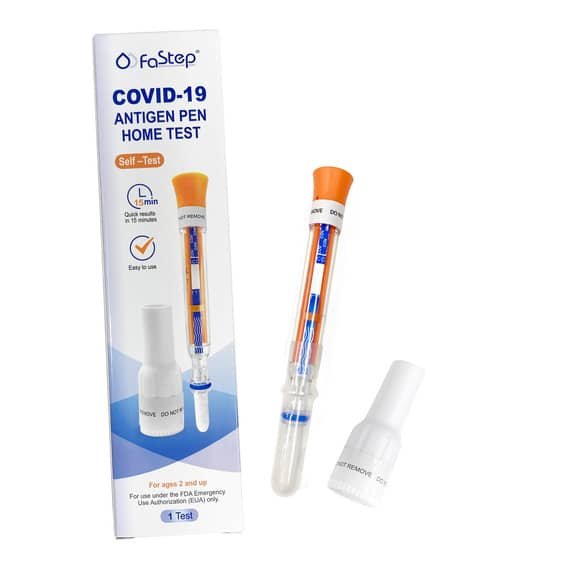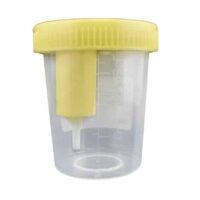Understanding the Importance of DOT MIS Reports in Drug Testing Compliance

One essential aspect of DOT compliance is the Management Information System (MIS) report. In this blog post, we’ll delve into the significance of DOT MIS reports and why they are crucial for organizations subject to DOT drug testing regulations. As a reputable provider of drug testing supplies, Slash Medical is dedicated to supporting organizations in maintaining compliance with regulatory requirements, including those set forth by the Department of Transportation (DOT).
Defining DOT MIS Reports
A DOT MIS report, or Management Information System report, is a comprehensive summary of an organization’s drug and alcohol testing program activities for a specified timeframe. These reports are required by the DOT for organizations covered under its drug testing regulations, such as employers in the transportation industry (e.g., trucking companies, airlines, transit agencies). DOT MIS reports provide valuable insights into the effectiveness and compliance of an organization’s drug testing program.
Components of a DOT MIS Report
DOT MIS reports typically include various components that provide a detailed overview of the organization’s drug testing program. Key elements may include the total number of drug and alcohol tests conducted, the number of positive, negative, and refusal results, the types of drugs detected, testing rates for different employee categories (e.g., safety-sensitive employees), and any violations or corrective actions taken.
Purpose and Importance
The primary purpose of DOT MIS reports is to monitor and evaluate an organization’s compliance with DOT drug and alcohol testing regulations. By compiling data on drug test activities and outcomes, DOT MIS reports enable organizations to assess the effectiveness of their drug testing programs, identify trends or patterns in substance abuse, and take appropriate corrective actions to address any issues or deficiencies.
Regulatory Compliance
Compliance with DOT drug testing regulations is a legal requirement for organizations in safety-sensitive industries. Failure to comply with these regulations can result in severe penalties, including fines, sanctions, or loss of operating privileges. DOT MIS reports play a crucial role in demonstrating compliance with regulatory requirements by providing documented evidence of an organization’s adherence to DOT drug testing protocols.
Data Integrity and Accuracy
Accurate and reliable data are essential for the integrity of DOT MIS reports. Organizations must ensure that their drug testing records are meticulously maintained, properly documented, and free from errors or discrepancies. This includes accurately recording test results, maintaining chain of custody documentation, and securely storing testing records in accordance with DOT recordkeeping requirements.
Continuous Improvement and Monitoring
DOT MIS reports serve as valuable tools for continuous improvement and monitoring of an organization’s drug testing program. By analyzing trends and metrics presented in the reports, organizations can identify areas for improvement, implement targeted interventions or training initiatives, and track the effectiveness of their efforts over time. This proactive approach helps organizations maintain high standards of safety and compliance in the workplace.
Conclusion
In the realm of drug testing compliance, DOT MIS reports play a pivotal role in ensuring adherence to regulatory requirements and promoting safety in safety-sensitive industries. By providing a comprehensive overview of an organization’s drug testing program activities, DOT MIS reports enable organizations to monitor compliance, identify trends, and implement strategies for continuous improvement.
Slash Medical is committed to supporting organizations in maintaining compliance with DOT drug testing regulations by providing reliable drug testing supplies and resources to facilitate effective testing programs.





























